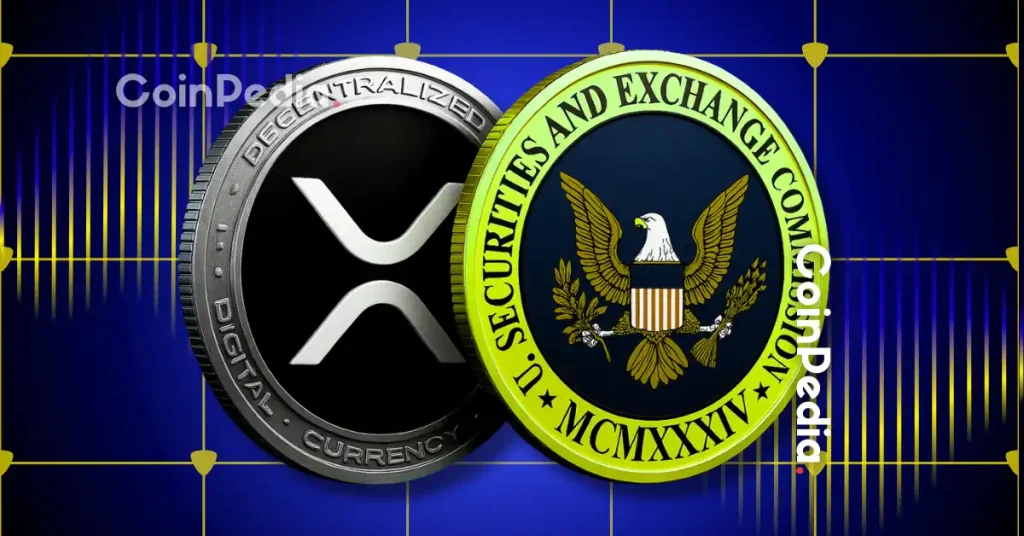Ripple vs SEC Showdown: Judge’s Final Ruling Sparks Crypto Civil War—Is XRP in the Clear?
The crypto world holds its breath as the Ripple-SEC legal saga takes its sharpest turn yet. Judge Analisa Torres' latest move fractures the community—while XRP bulls pop champagne, skeptics warn the battle's far from over.
The verdict that split crypto in two
Torres' signature on the final judgment triggered instant whiplash across trading desks. True believers hailed it as regulatory clarity; Bitcoin maxis dismissed it as a technicality. Meanwhile, SEC lawyers were spotted grinding their teeth through forced smiles.
What the ruling really means for XRP
The document's fine print reveals landmines for both sides. While Ripple escapes the worst-case scenario, the 'not-a-security' designation applies only to retail sales—leaving institutional deals in regulatory purgatory. Cue the hedge funds recalculating their positions mid-margarita.
The billion-dollar question left unanswered
With appeals likely and Congress still asleep at the wheel, the industry's favorite punching bag (the Howey Test) survives another day. As one VC quipped: 'The only clear winner here? Law firms billing 900 hours a week.'

The legal battle between Ripple and the U.S. Securities and Exchange Commission (SEC) has taken yet another twist, and this time, it’s not about price charts but about legal procedure.
A few days ago, reports surfaced claiming that SEC Gov v. Ripple was officially over after both parties filed a Joint Dismissal of the Appeals. Social media posts quickly went viral with the headline “The case is over.”
However, not everyone bought the news. Many in the crypto community dismissed the claims as premature or outright fake, leading to heated debates across X (formerly Twitter).
Analyst: “No Judge’s Signature Needed”
Crypto analyst Zach Rector weighed in, saying that under federal appellate court rules, both parties agreeing to dismiss an appeal doesn’t always require a judge’s sign-off.
SEC vs Ripple is done. No sign off from Judge needed.
"The general rule in federal appellate courts is that both parties agreeing to dismiss an appeal (stipulated dismissal) does not always require a judge to sign off on it, particularly if it's a straightforward dismissal."…
Rector pointed to Federal Rule of Appellate Procedure (FRAP) 42(b), which allows for a “stipulated dismissal,” meaning the circuit clerk can close the case if both parties sign an agreement, specify cost arrangements, and pay any required court fees.
In other words, if the appeal is being dropped with no extra requests, a judge’s approval isn’t mandatory.
When a Judge’s Order Becomes Necessary
Legal experts also clarified that if the dismissal agreement includes more than just ending the appeal, such as approving a settlement, reducing penalties, or vacating a lower court’s decision, a judge’s order is required.
Former SEC lawyer Marc Fagel addressed one of the community’s big questions: whether the supposed reduction in Ripple’s penalty (from $125 million to $50–$75 million) was true. Fagel confirmed it was not and Judge Torres had refused to lower the penalty, meaning Ripple will still pay the full $125 million ordered by the court.
Bottom Line: Appeals Dropped
If both Ripple and the SEC have agreed to drop the appeal without other conditions, the case at the appellate level is indeed over without a judge’s signature. But the penalty stands, and the dismissal doesn’t erase the original ruling or change the outcome on fines.

